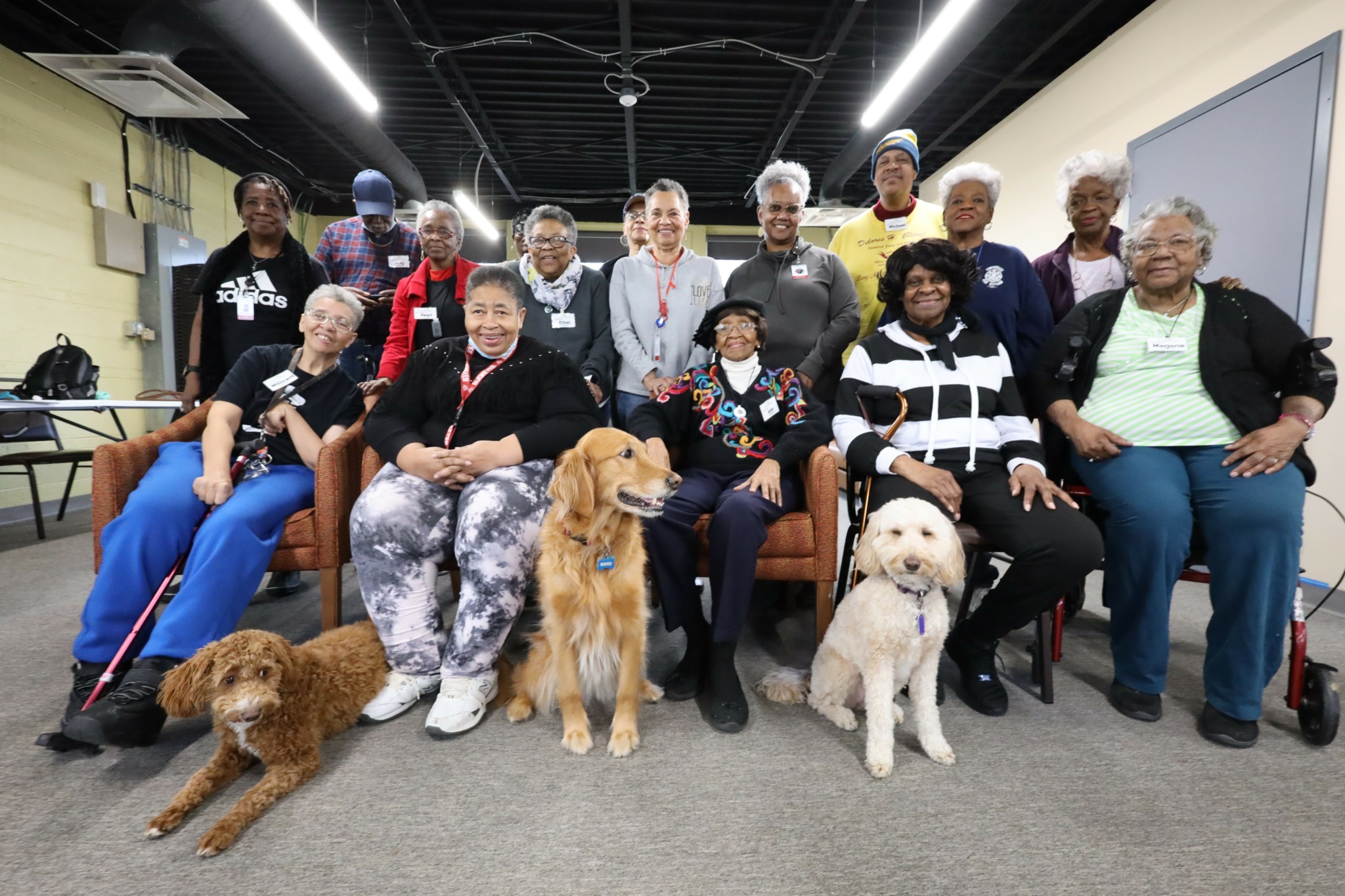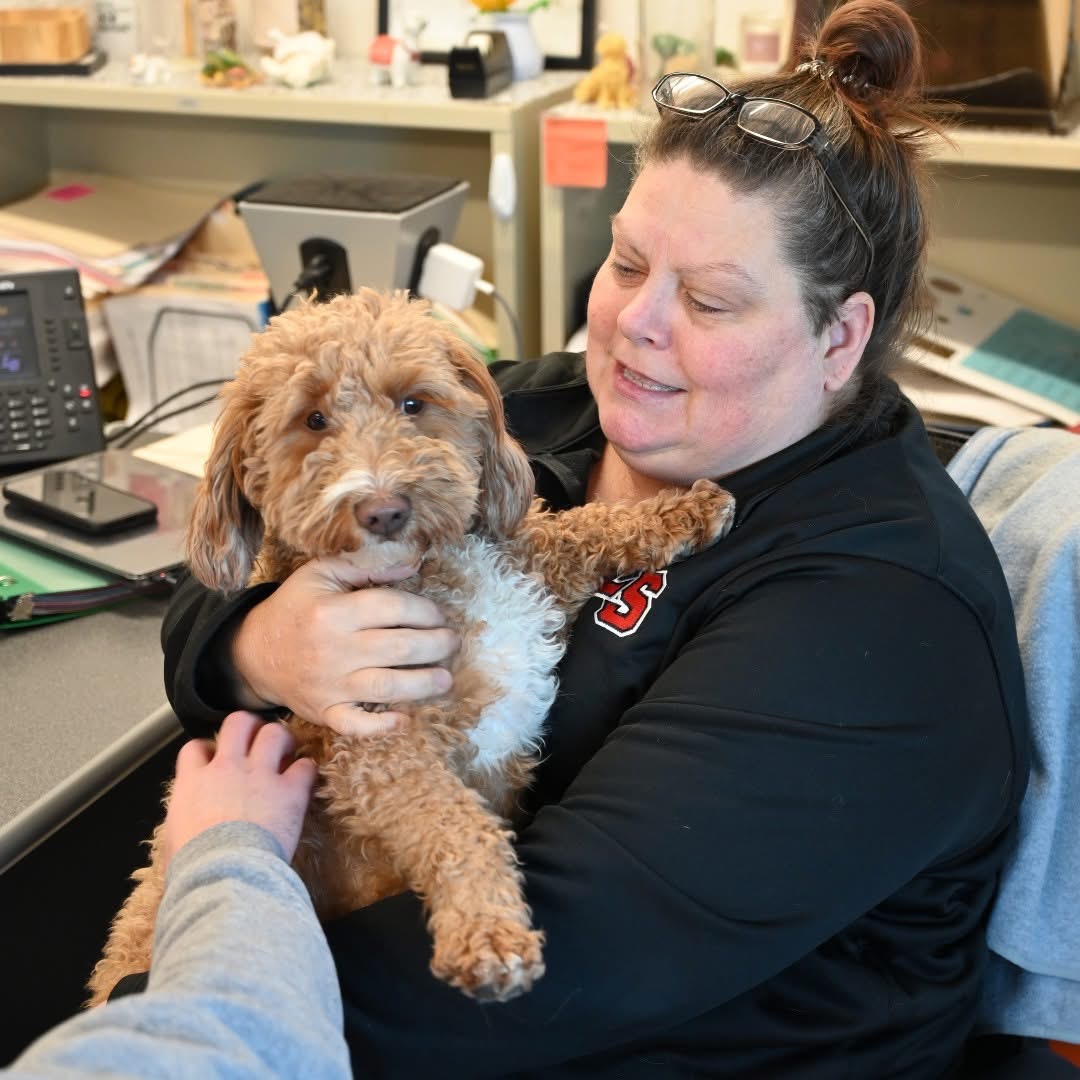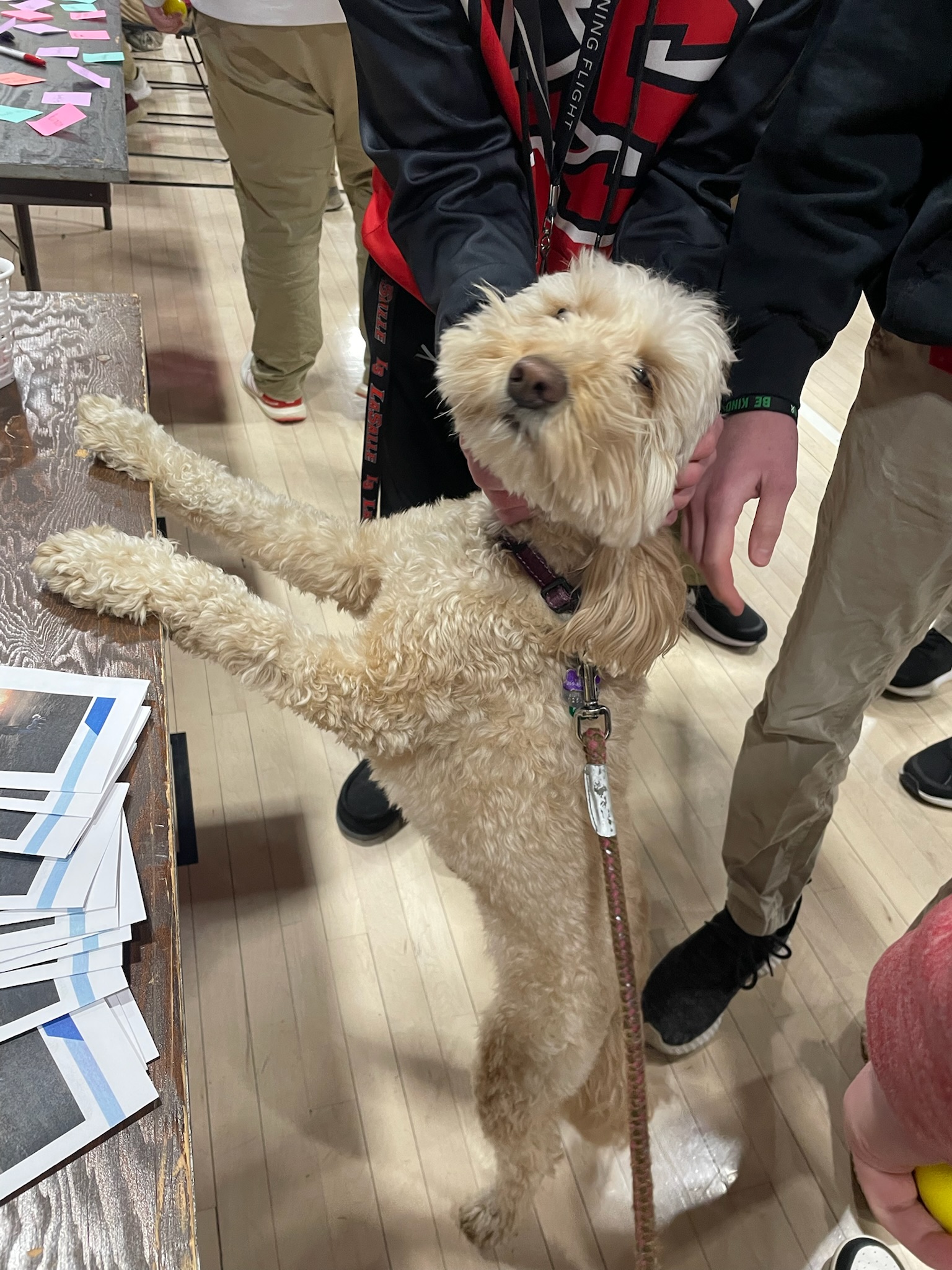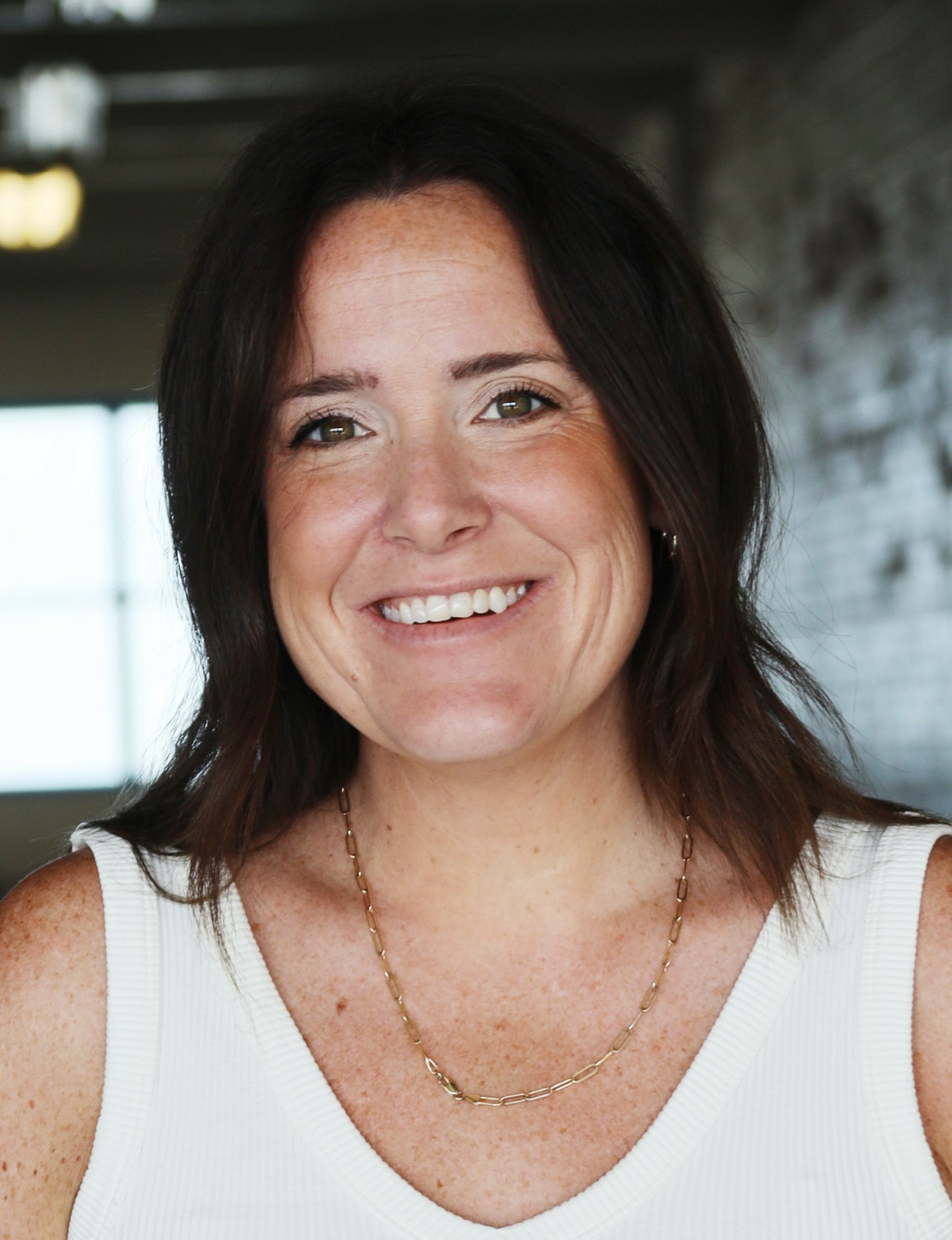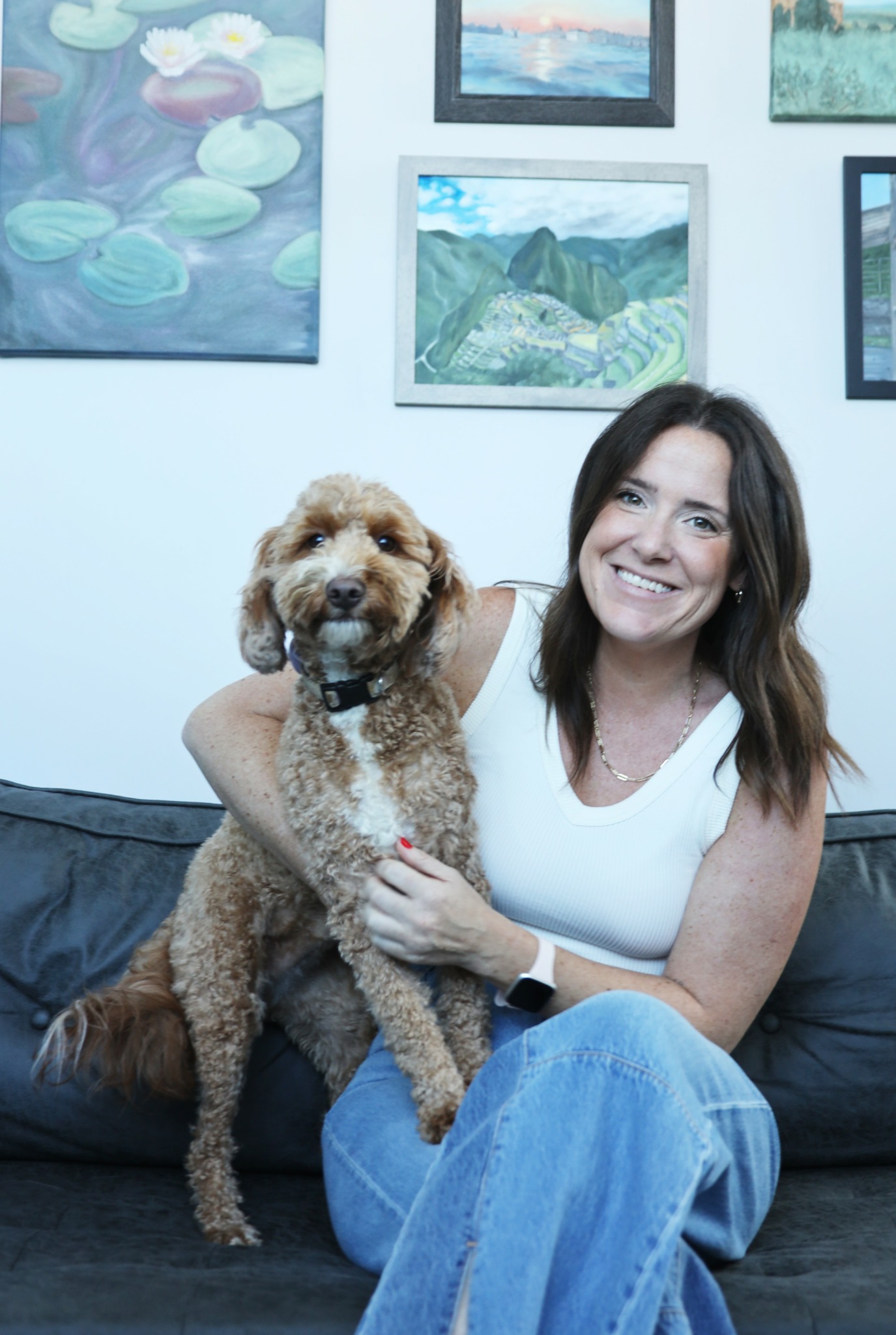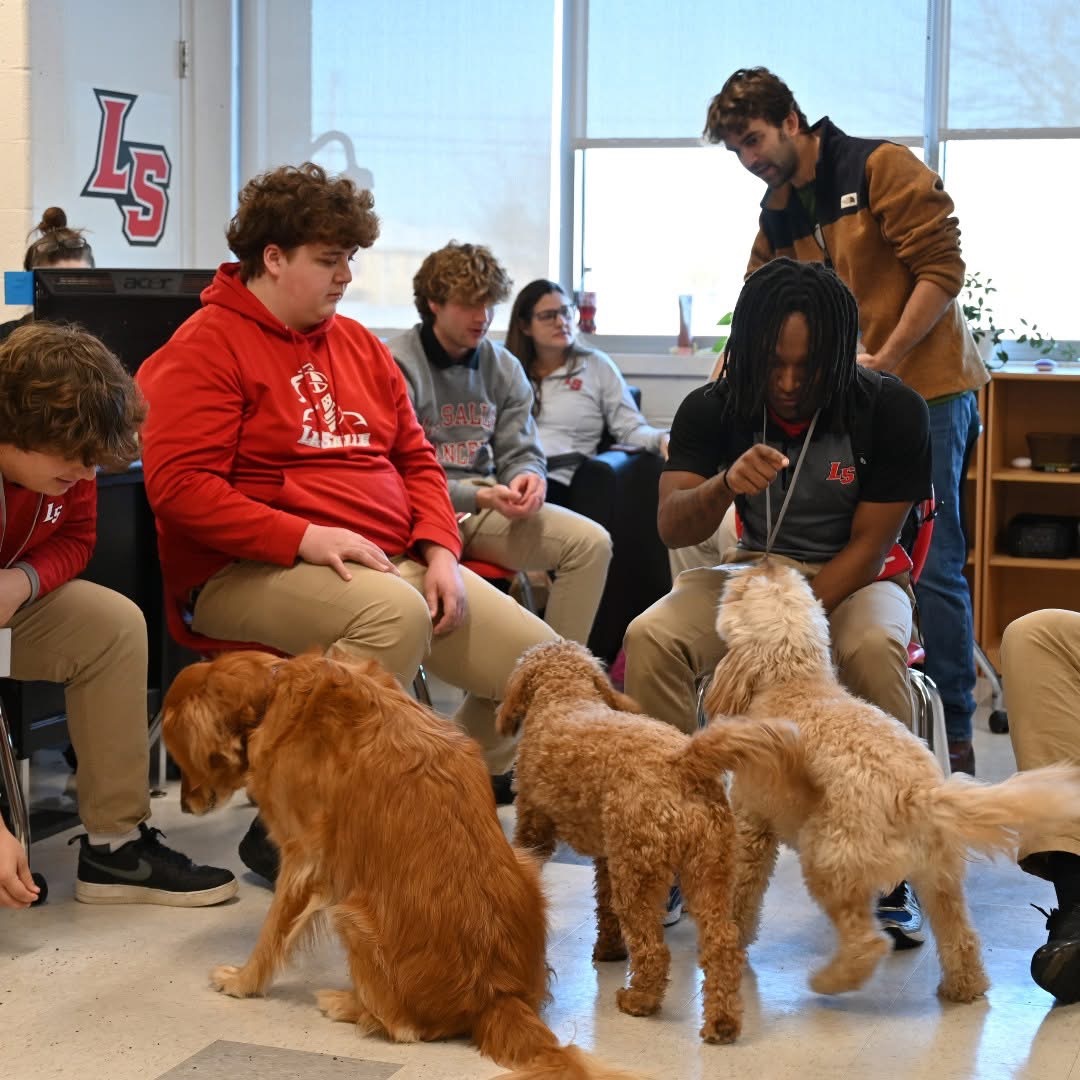We caught up with the brilliant and insightful Benjamin Crotte a few weeks ago and have shared our conversation below.
Alright, Benjamin thanks for taking the time to share your stories and insights with us today. Can you share an important lesson you learned in a prior job that’s helped you in your career afterwards?
I worked as a School-Based Therapist and Supervisor of School-Based Day Treatment programming for the first few years of my career. Over the years, I began to recognize various problems related to the treatment of direct service employees, their retention and the resulting negative impacts these had on client continuity of care, access to care and quality of care. Efforts to improve these conditions were often denied, overlooked, or ignored by organizational leadership. I began to observe that many non-profit organizations were operating with a for-profit mindset, focusing on financial growth and high executive compensation, over the equitable distribution of profits to those providing direct services. Additionally, there was a pattern of promoting individuals to leadership roles who shared similar perspectives and priorities, which reinforced existing operational dynamics, rather than challenging them when needed.
These experiences led me and my business partner to co-found our organization, Animal Companion Counseling, in an effort to create worker-led processes and policies which would allow for truly equitable access to, and delivery of, mental health services. Though we did not know if our model would be sustainable in the face of competition from much larger, well-established organizations, after 3 years of operations we believe that we have established an innovative model that continues to work, enabling us to prioritize services for those who need them most and overcome barriers to access, providing direct services to over 1000 individuals and maintaining 100% therapist retention.
These experiences led me and my business partner to co-found our organization, Animal Companion Counseling, in an effort to create worker-led processes which would allow for truly equitable access to, and delivery of, mental health services. Though we did not know if our model would be sustainable in the face of competition from much larger, well-established organizations, after 3 years of operations we believe that we have established an innovative model that continues to work. This model is enabling us to prioritize services for those who need them most and overcome barriers to access, providing direct services to over 1000 individuals and maintaining 100% therapist retention.

Benjamin, love having you share your insights with us. Before we ask you more questions, maybe you can take a moment to introduce yourself to our readers who might have missed our earlier conversations?
I am a Mexican-American born in Michigan, now living in Cincinnati for over 10 years. My academic background is in Cultural Anthropology and Social Work. I am a Licensed Independent Social Worker Supervisor (LISW-S). My business partner is a Cincinnati-native with a background in education and counseling. She is a Licensed Professional Clinical Counselor Supervisor (LPCC-S). Our team is a combination of Licensed Social Workers, Licensed Professional Counselors, Qualified Mental Health Specialists, and Therapeutic Animal Assistants (TAAs).
Our organization is committed to providing equitable access to high-quality mental health services with a focus on underserved and low-income communities. We offer a range of services including individual and family therapy, prevention/support groups, clinical groups, and other wrap-around services in order to individualize treatment and meet the diverse needs of our clients. A key feature of our approach is the use of evidence-based clinical treatment modalities complemented with Animal-Assisted Therapy to support the treatment of a range of mental health disorders. Research shows that use of animals is highly effective in fostering trust, increasing engagement, as well as treating anxiety, depression, trauma and other mental health diagnoses. Our providers work as canine handlers providing services in the office/community and incorporate clients’ relationships with animals in their own lives into their treatment plans, supporting the therapeutic process and strengthening outcomes. As we look to our future, we plan to expand these services, incorporating the use of additional animals, and other non-traditional, therapeutic ways to complement evidence-based practices, allowing for more access and individualization of our services.
We began our services in Cincinnati’s West End and recently expanded our offices to serve the Greater West End area including the neighborhoods of Camp Washington, Queensgate, and Price Hill. We are working to continue to establish our presence and collaborate with other community-based organizations to best meet the needs of individuals in these neighborhoods. We prioritize the well-being and needs of our therapists and qualified mental health specialists. We have structured many aspects of our organization specifically improve work-life balance and prioritize equitable redistribution of organizational revenue, ensuring that direct service providers are valued and compensated fairly for the challenging work they do. This has led to the retention of our providers and along with it, improvements to client care and quality of services. Our TAA’s are also well-compensated with treats, belly-rubs, and love, with their welfare carefully planned for and monitored to ensure that they too continue to enjoy the work they do!
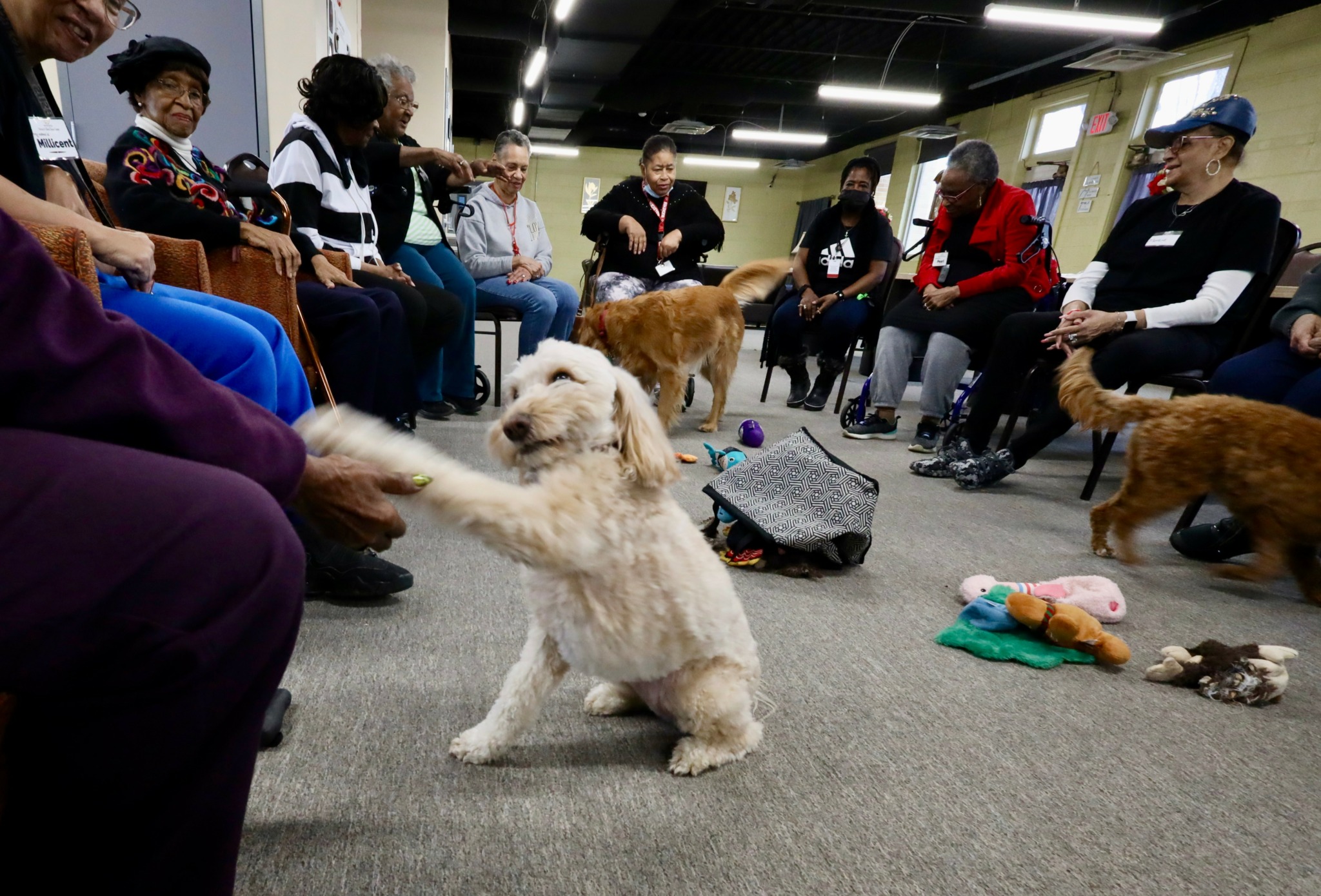
Can you tell us the story behind how you met your business partner?
I met my business partner, Jessica Hagen, working together as Clinical Supervisors in a School-Based Day Treatment program. We shared a crammed, uncomfortably small office and bonded through our shared professional development, challenges, frustrations and achievements. These shared experiences helped us identify the patterns and roots of problems within our organization and their connections with employee dissatisfaction, attrition and often poor client outcomes. We discovered that our personal values were very much aligned, that we were able to communicate effectively, hold each other accountable while supporting one another, and that we had an exceptional balance in our working relationship. These factors, and our love of animals (particularly our pets, Rosie and Violet), along with support from our family, friends and mentors, inspired us and gave us the courage take a leap of faith and launch our own business. Jessica’s humility, work ethic and integrity are unmatched, and our business and achievements would not be possible without her.
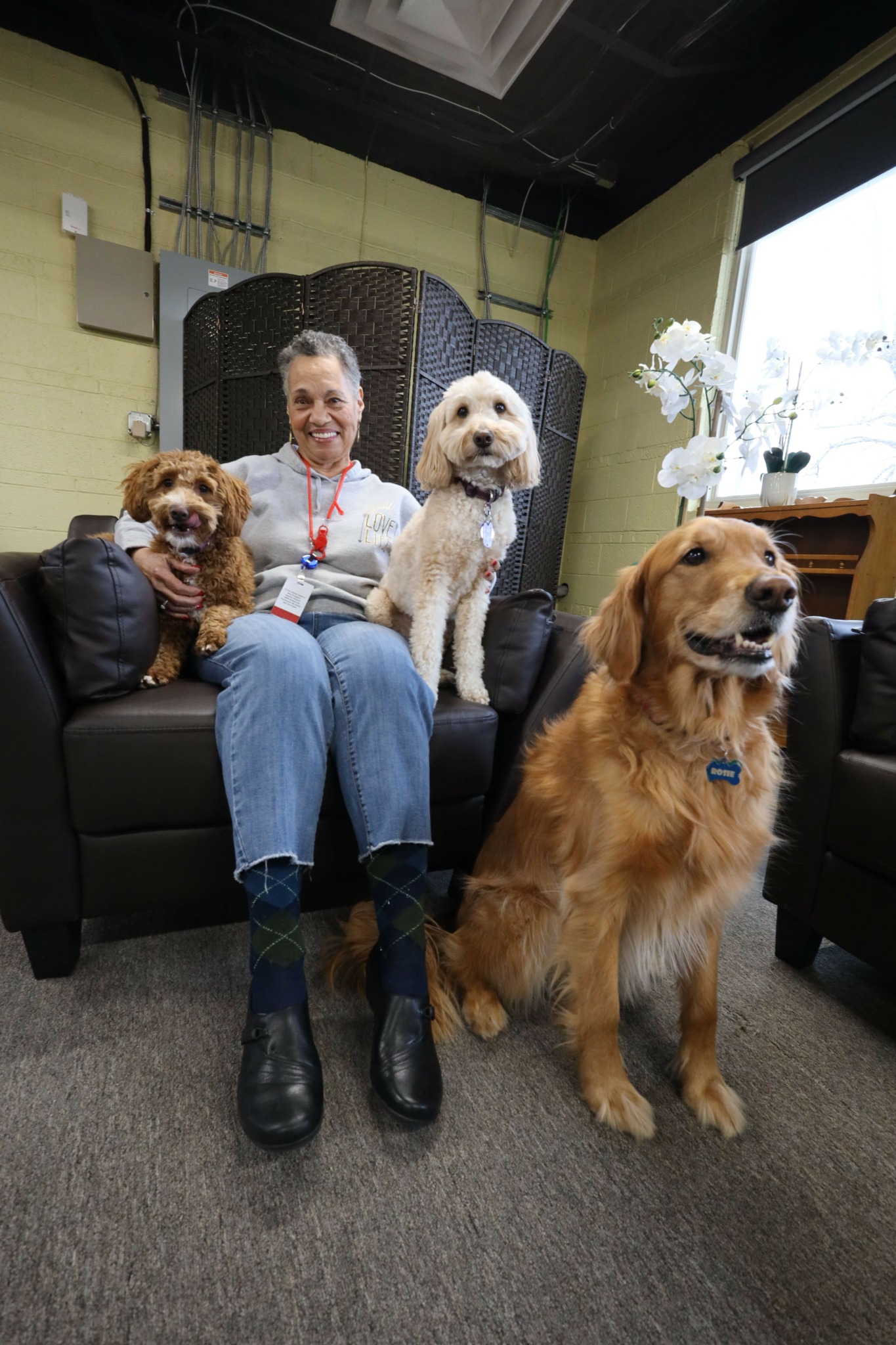
How did you put together the initial capital you needed to start?
We began our business with only a small amount of shared savings between the two of us, around $2000, which allowed us to register the business, complete related legal requirements, obtain insurance and purchase some initial supplies. Without a dedicated office space, we provided telehealth and community-based services to our clients and continued to work our full-time jobs while we worked to establish our policies/procedures, develop a website, navigate the complicated process of insurance credentialing and claims systems. We raised a small amount of money through donations which helped us expand our service offerings and successfully obtained our status as a tax-exempt organization. After about a year, a small profit which we used to purchase our organizations first animal (Tiki), and growing misalignment in values with our employer, we were motivated to take the next step of committing to our business full-time. While we welcome funding opportunities that align with our values and mission, and have used donations/contributions to overcome barriers to service access for our clients and provide additional opportunities to support our staff, we can proudly say that our organization has proven the sustainability of a worker-led model that is financially sustainable through without relying on funding. This has allowed us to remain true to our values, serve our communities authentically, avoid unnecessary pressures for compromises or open the door for mission drift.
Contact Info:
- Website: https://www.animalcompanioncounseling.com/
- Instagram: https://www.instagram.com/animal_companion_counseling/
- Facebook: https://www.facebook.com/people/Animal-Companion-Counseling/100075643759328/#
- Linkedin: https://www.linkedin.com/company/animal-companion-counseling
